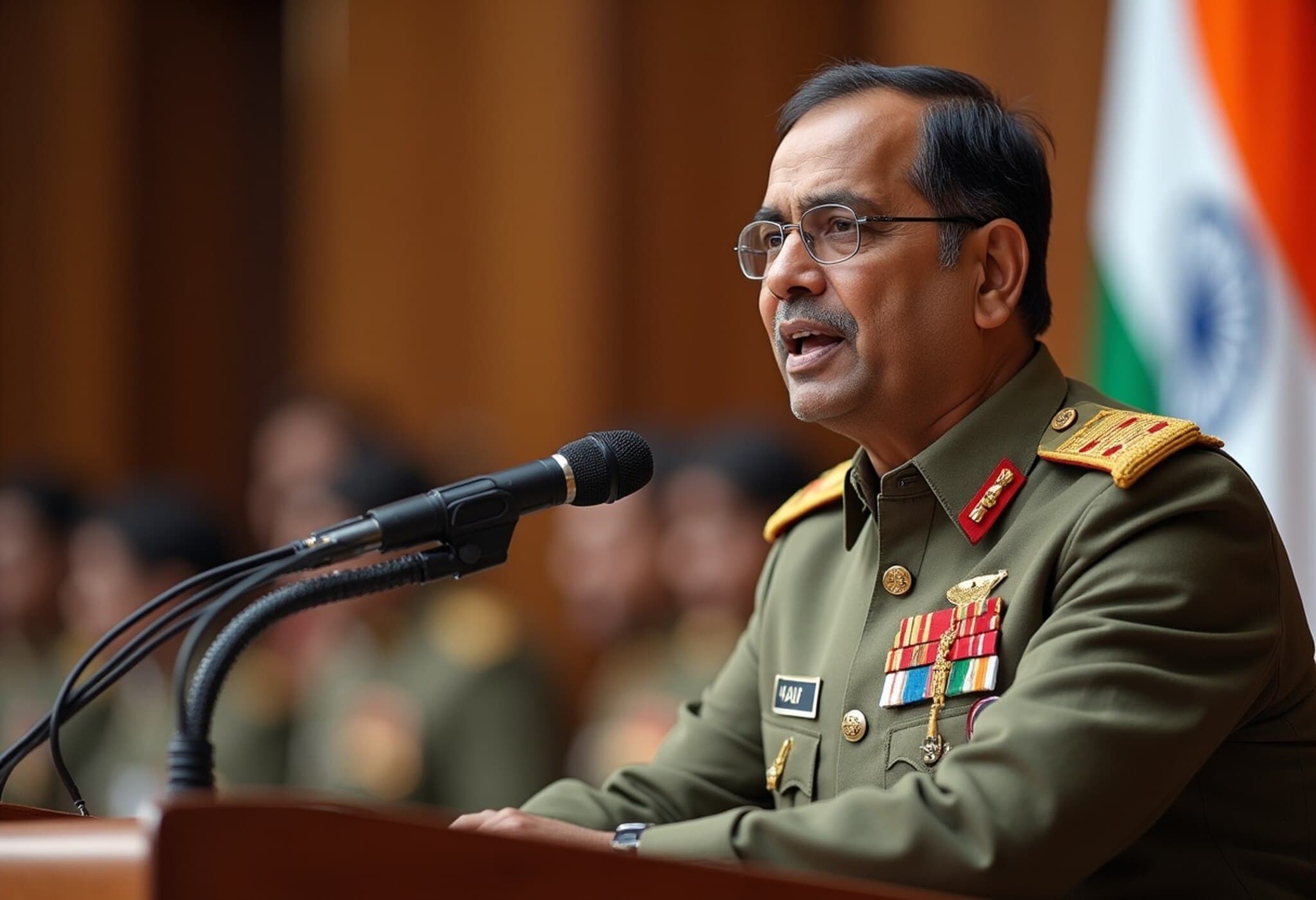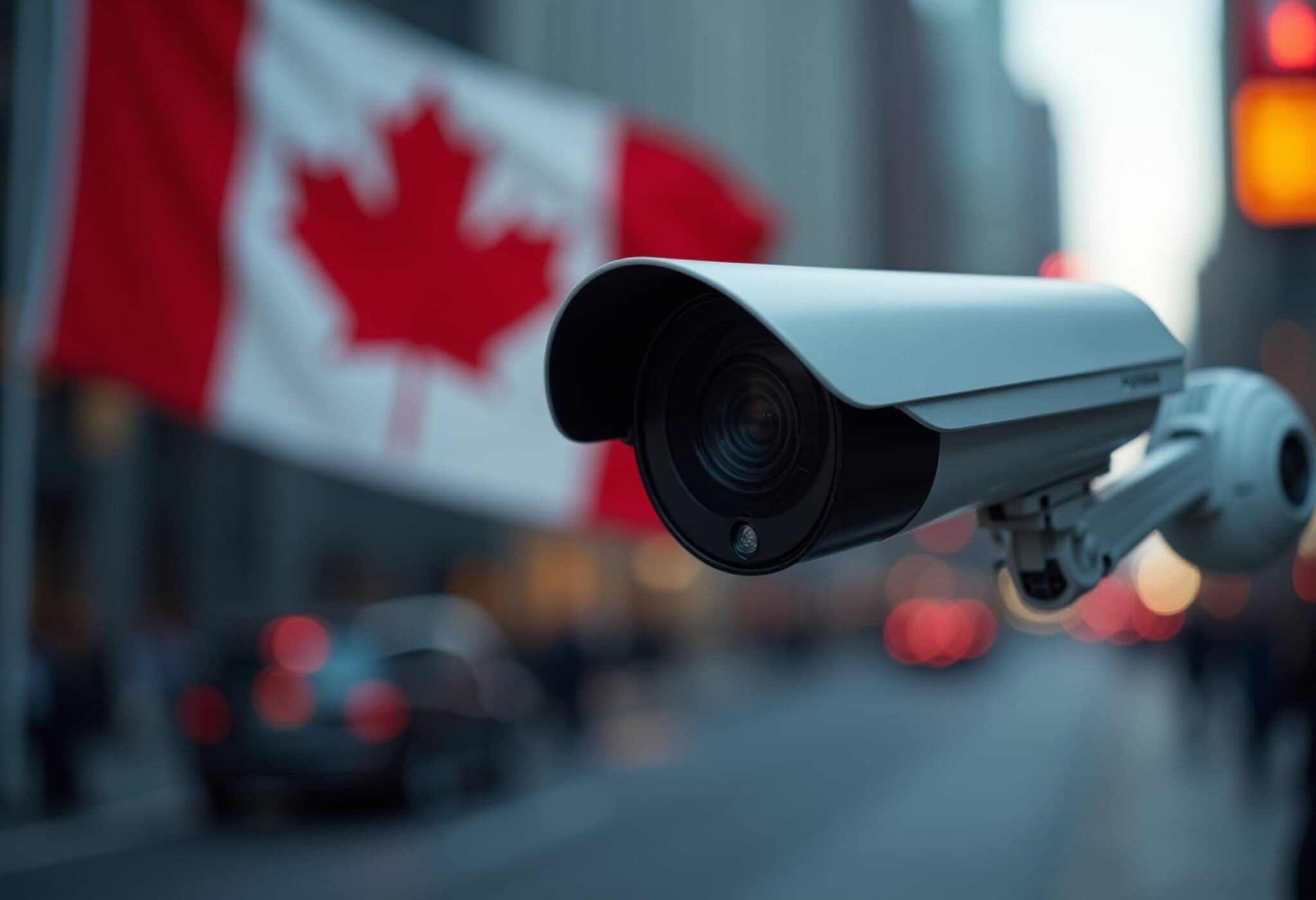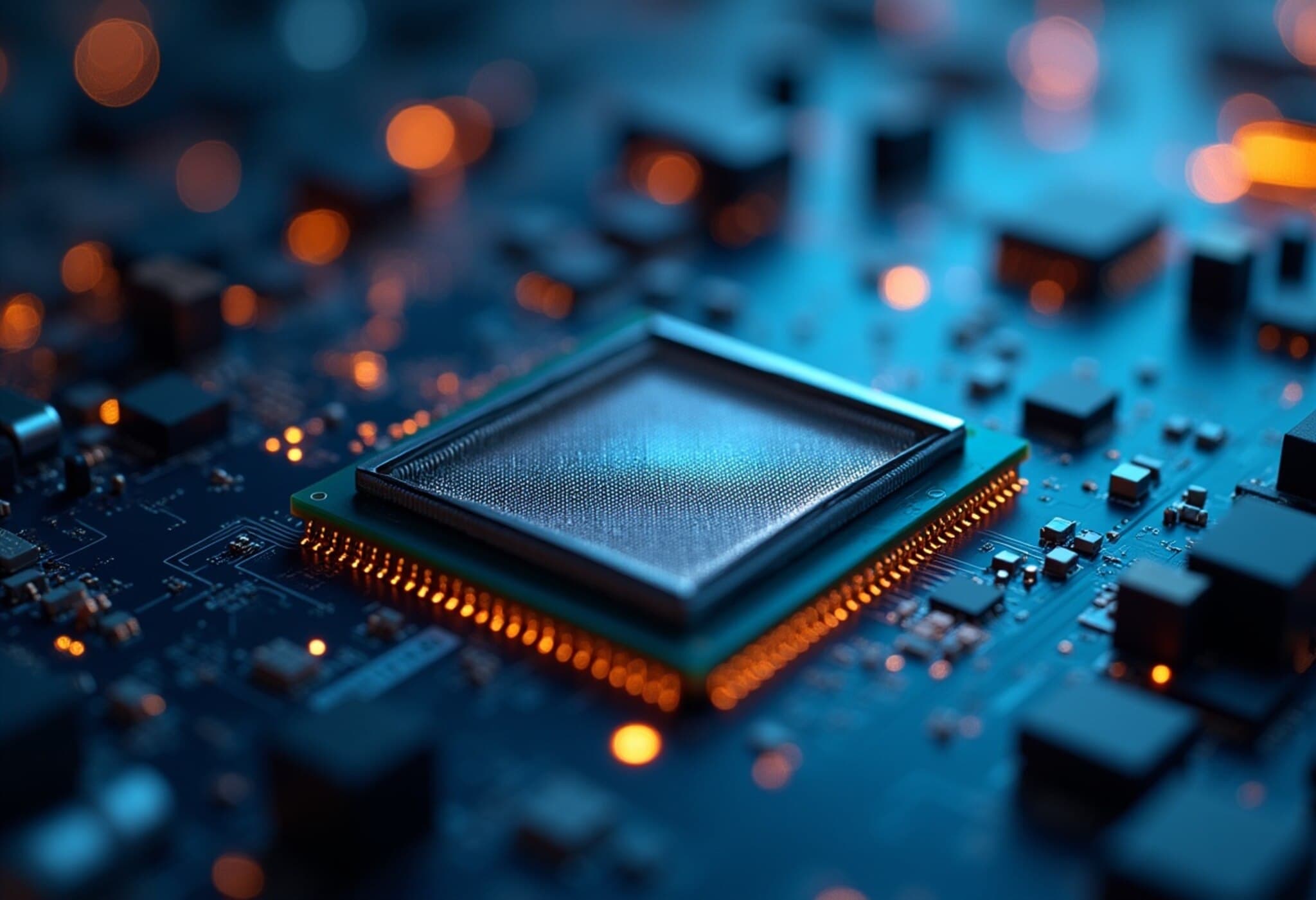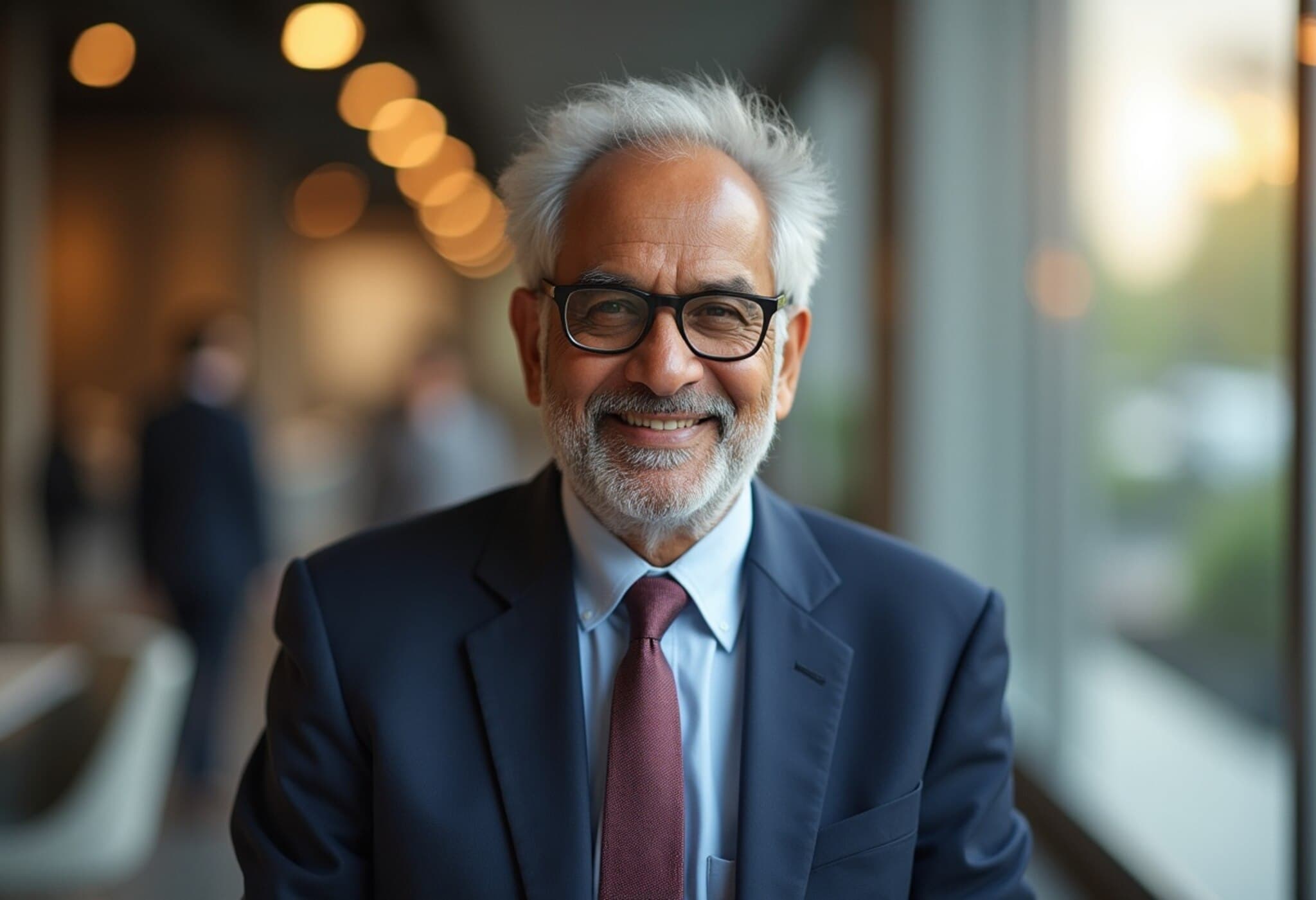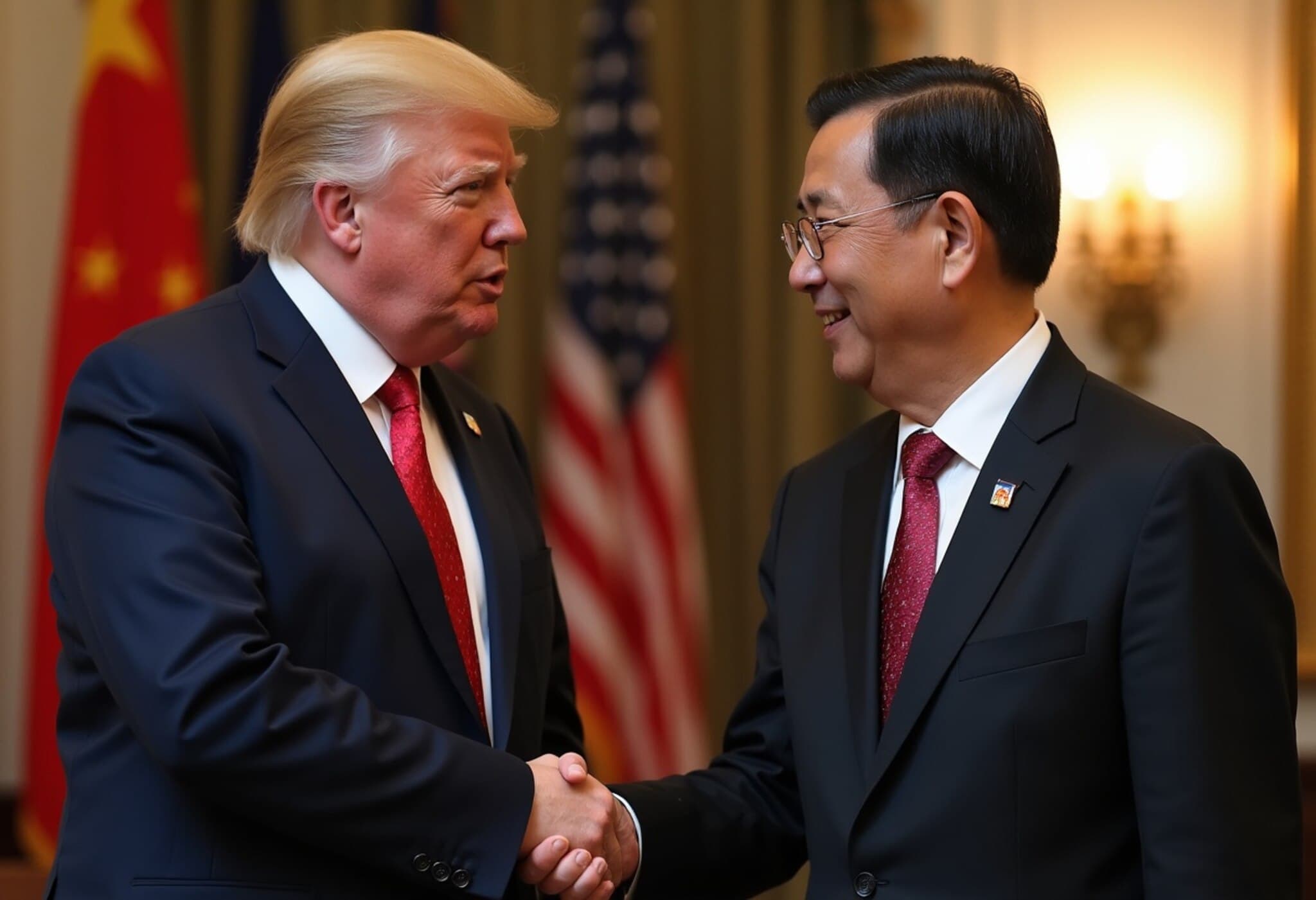NSA Ajit Doval Applauds Homegrown Technology in Operation Sindoor
National Security Advisor (NSA) Ajit Doval recently spoke at the 62nd Convocation of IIT Madras, celebrating the exceptional role India's indigenous technology played in the success of Operation Sindoor, a surgical precision strike against Pakistan. Doval's remarks underscored India’s growing technological self-reliance in national security and urged a new generation of engineers to take pride in crafting homegrown solutions.
Operation Sindoor: A Showcase of Precision and Indigenous Strength
“We are really proud of how much indigenous content was there during Operation Sindoor,” Doval emphasized. He highlighted that the mission employed entirely Indian-developed technologies—from the BrahMos missile system to radars and communication networks—resulting in a meticulously coordinated strike that caused no collateral damage.
Describing the operation’s execution, Doval said, “We decided to have in the criss-cross of Pakistan. We missed none. We hit nowhere else except that.” The strike was completed in a remarkably swift 23 minutes, and despite some international media skepticism, photographic evidence revealed precise targeting of 13 Pakistani air bases, with no unintended damage recorded.
Empowering Future Innovators: A Call for Technological Sovereignty
Addressing the IIT Madras graduates, Doval connected technological independence to India’s enduring civilizational resilience. “You belong to a country, to a civilisation which has been beleaguered, bled, dishonoured for a thousand years,” he reminded the audience. He invoked the sacrifices of ancestors who preserved India’s identity through centuries of hardship.
Highlighting the strategic necessity of self-reliance, Doval vowed that India will continue to indigenize its communication systems, thereby bolstering national security and safeguarding data privacy. This ambition to fortify critical infrastructure aligns with global trends emphasizing cybersecurity and sovereign control over digital ecosystems.
Artificial Intelligence and the Race for Technological Leadership
The NSA flagged artificial intelligence (AI) as a transformative force for India's future defense and technology sectors. Drawing a comparison, he noted, “The Chinese took 12 years and invested $300 billion to develop 5G. We neither have that time nor the money. In just two and a half years, we have created an indigenous alternative. We owe this achievement to our private sector.”
This statement reflects the growing collaboration between India's government and private enterprises in driving rapid innovation—a critical factor in staying ahead in the fast-evolving landscape of digital and defense technologies.
Broader Implications: National Pride, Security, and Economic Impact
Doval’s address comes at a time when geopolitical tensions in South Asia demand robust defense capabilities augmented by cutting-edge technology. India’s emphasis on indigenous development not only enhances national security but also stimulates domestic economic growth by cultivating high-tech manufacturing and innovation ecosystems.
Furthermore, the message carries a deeper reminder to India’s youth: technological prowess is both a tool for safeguarding sovereignty and a continuation of the historical struggle for self-determination.
Editor’s Note
NSA Ajit Doval’s stirring convocation speech signals India’s strategic pivot toward technological autonomy—a critical lesson in today’s geopolitical complexity. As emerging technologies like AI become inseparable from national security, India’s ability to innovate domestically will determine its future resilience and influence. Beyond the headlines of Operation Sindoor lies an underexplored narrative of how indigenous tech capability reshapes defense and national identity. What challenges lie ahead in sustaining this momentum, and how can India balance rapid innovation with ethical governance and strategic diplomacy? These questions remain central as the nation navigates its path forward.

